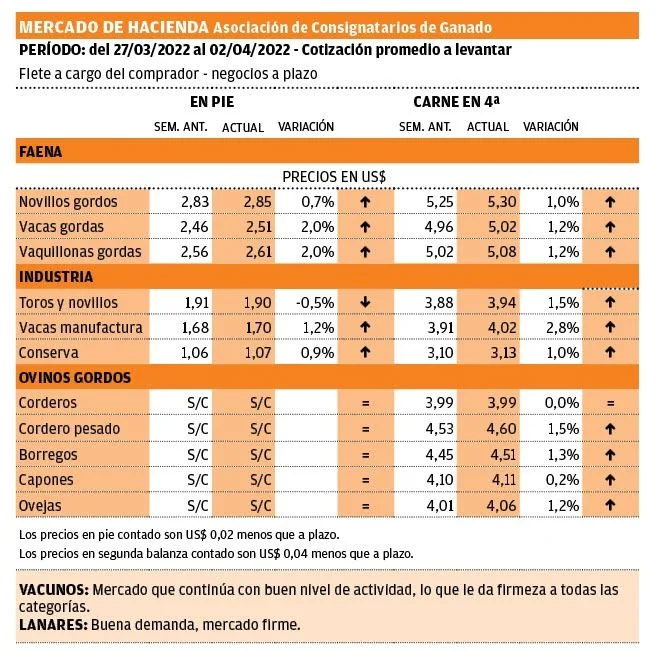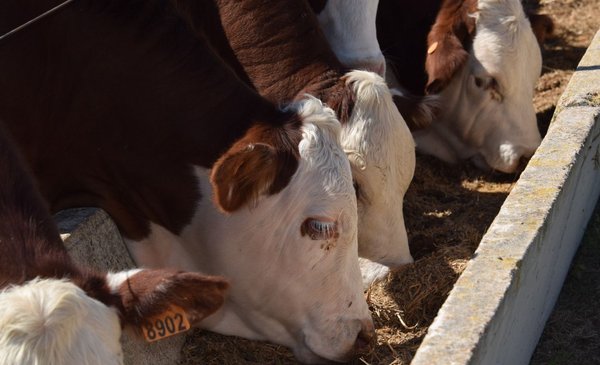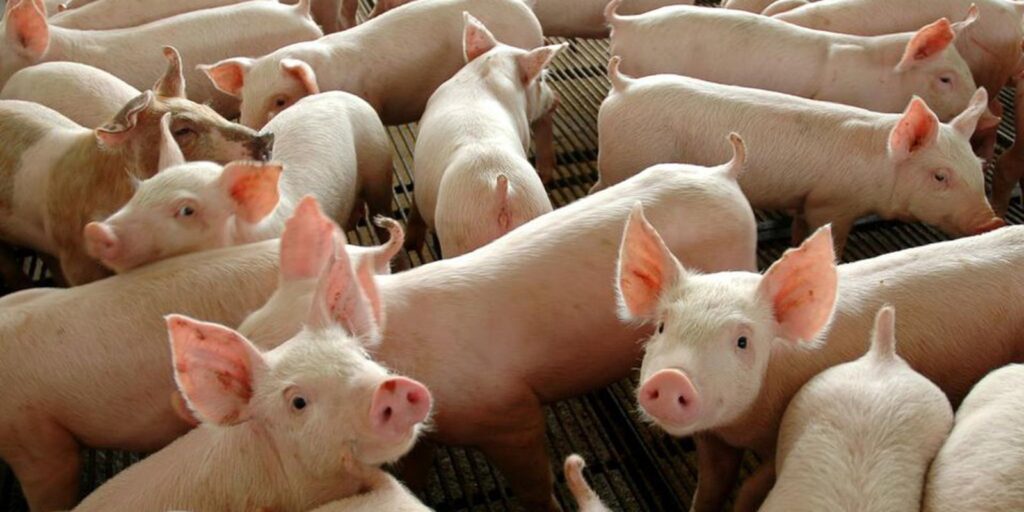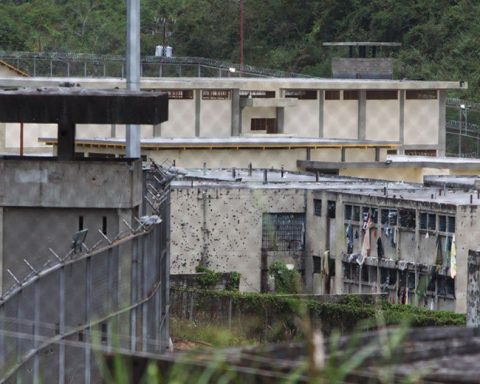The property market remains extraordinarily firm. The pace of work and the values surprise again. The highlight of the week is the replacement, with new records on the screens and calves surpassing the value of the calves by light.
Cattle for higher finishing slaughter continue to be scarce and achieve a marked price differential. The withdrawal of kosher equipment that was operating in some plants takes some pressure off the steer, but still prices have not eased.
Good lots, well weighed, reach US$ 5.30 per kilo for meat. In volume, “you can ask for US$5.40 and surely you are going to sell it for that money,” said consignee Alejandro Zugarramurdi, from the office of the same name. The floor for this category is US$5.15 per kilo. “Today what you offer to the refrigerator buys it,” said the operator.
The heavy cow is around US$ 5.05 per kilo. The heifer, US$ 5.15 per kilo. The entrances to the plant continue to be very dynamic, on average one week, depending on the refrigerator.
Record work in March
Industrial activity continues at full speed. March was another record month of work. Never had more than 250,000 cattle slaughtered in the third month of the year. The 53,547 head of the last week brought the monthly accumulated to 252,092 cattle, with a high participation of the early categories: steers with 2 to 4 teeth and heifers.
The San Jacinto refrigerator does not work from this Friday until April 21 and will license the staff. Some other plant will reduce the activity. Will the slaughter be able to sustain above 50,000 heads? It is the big question mark.
The supply from confinements has a significant impact. It reached a 15% share of the total slaughter in the first quarter in pens enabled for quota. It was around 25% of the slaughter of steers and 15% in heifers. The corral continues to strengthen, with future business above US$ 5.60 for steers.
Beef at US$ 5,301 a ton
Foreign demand continues to pull, with exports growing 8% in March compared to a year ago. In addition to the fluidity of placements, values remain at historically high levels. The price of a ton of beef exported was US$5,301 in the last week and in the last four moving weeks it averaged US$5,081. At the end of the first quarter, the average price is US$4,924 per ton, 29% above the value registered at the beginning of 2021.
EO
Calves outperform calves
The reposition reacted and hit new highs this week. The calves –in the middle of the harvest– averaged US$3.07 per kilo and US$527 per bundle at the Plaza Rural auction. The calves set a record with a jump of 20% compared to the previous auction, surpassed the males in demand and price and reached US$3.20 on average, US$504 per bundle and 100% sales. The genetics, the quality of the lots and the demand for export to China had an influence.
Added to the push of the fat man is an almost spring-like autumn. A rain arrives at the beginning of next week that strengthens the greens. In private businesses of cattle for the field, the demand exceeds the offer and the one who sells asks for values in reference to the screens. The calf “is well consolidated at US$ 3 per kilo”, considered Zugarramurdi.

EO
Firmness in sheep
Sheep remain firm, with good demand and rising values, in the axis of US$ 4.60 per kilo for lambsabove US$4.50 for sheep, capons at US$4.11 and sheep at US$4.06.
The latest slaughter data was 25,371 sheep, a weekly rise of 19%. In the annual accumulated figure, although the slaughter figure is 7% below the 2021 data, it is almost double compared to 2020.
The values for ton exported are still featured. The average in the last 30 days was US$5,224, according to preliminary data from the National Meat Institute (INAC).


















